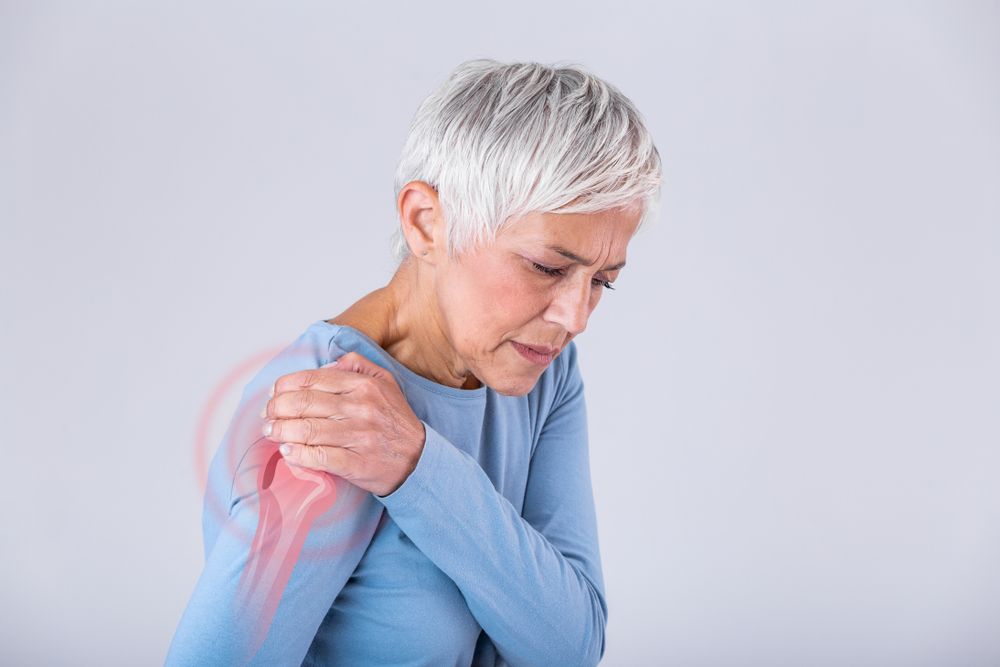
Shoulder pain is very common, and can be really debilitating. The shoulder girdle is a complicated assembly of muscles, ligaments, tendons, bones and joints, all of which are subject to injury by improper or over use. However, sometimes shoulder symptoms can come about with no obvious trigger, and may actually be caused by a problem in the neck, known as cervical radiculopathy.
Causes
Cervical radiculopathy is caused by a trapped or irritated nerve in the neck. There are 8 nerve roots which branch from the cervical spine to each arm, 6 of which pass directly through the shoulder. Irritation or compression of these nerve roots can cause pain or symptoms anywhere along the path of the nerve.
Cervical radiculopathy can be caused by degenerative diseases in the cervical spine, such as osteoarthritis and foraminal stenosis, or by degeneration or herniation of the intervertebral discs. These are all common features which can occur with age, strenuous activities or repetitive neck movements.
Symptoms
As well as pain, cervical radiculopathy can cause tingling, numbness or weakness anywhere in the upper limb.
- Pain may be of sudden onset or develop over time
- It can be a dull ache or sharp, shooting pain
- Pain may stay in one place or radiate to other parts of the arm
- Symptoms may feel worse on moving the head or neck
- Associated headaches
- Pain that wakes patient at night
Diagnosis
It is wise to seek medical advice if you experience shoulder pain which does not resolve after a couple of weeks, or does not respond to normal pain relief, especially if there is no obvious cause or injury. As well as a clinical examination, your doctor may advise you to undergo certain tests to assess the spine and nerve roots:
- An x-ray is a quick and non-invasive procedure to assess for bony degeneration in the neck.
- An MRI scan provides detailed information to highlight problems with the intervertebral discs and assess nerve roots.
- Treatment by a physiotherapist can also be useful to assess the cause of pain and provide exercises to help relieve symptoms.
Treatment
There are a variety of treatment options which will be discussed by your doctor or practitioner. These may include:
- Self-management with exercises and pain medication
- Physiotherapy
- Pain management clinic
- Steroid injections in the neck
- Surgical treatment for severe cases when all other treatment methods have been unsuccessful
If you’d like to seek medical advice following this article, please contact us today or book your MRI appointment here.

